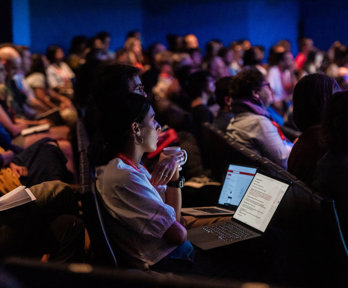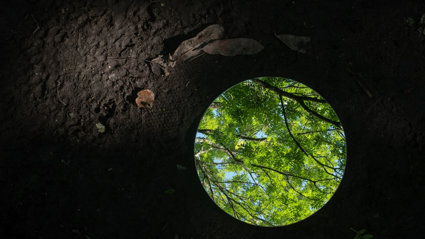
Chair's theme
The Chair's theme for the 2026 Annual International Conference is Geographies of inequalities: towards just places.
The Chair's theme has been selected by Professor Peter Hopkins as Chair of Conference, in conversation with the Society's Research Groups and with the Research and Higher Education Committee.
Find out more about our Chair's sessions at the conference.
Geographies of inequalities: towards just places
The 2026 conference theme focuses on charting the complexities of spatial inequalities and injustices, including those relating to society, culture and politics, to the economy, and community, and to development, climate and the environment.
Geographers play an important role in challenging, addressing and seeking to overturn inequalities and injustices. Work here includes the role of geography in making a difference beyond the academy, in informing policy or practice about specific inequalities or injustices, in engaging in activism, campaigning or advocacy work to resist or overcome injustices, in engaging diverse public audiences with such work, or in offering practical solutions to the challenges of inequalities.
Concerns about spaces of inequalities arise in many contexts across broader global geopolitical, health, and environmental concerns. Examples include ongoing inequalities emerging from the COVID-19 pandemic, the entrenchment of inequalities through the actions of fascist and exclusionary international political leaders, and the inequal impacts of the climate crisis.
Such unjust places and spaces can also be reinforced and/or resisted regionally, or in specific cities, coastal or rural areas, and through embodied, digital, and everyday practices.
As geographers, we bring a diversity of approaches to understanding these issues. We are interested here in sessions and papers that explore how spaces of inequalities and unjust places are conceptualised and theorised as well as how different forms of inequality and injustice intersect and compound, or not, their troubling effects.
Inequalities and injustices are also researched using a diversity of techniques and approaches – so we are interested in how they are mapped, calculated, monitored, tracked, and measured.
The theme also speaks to concerns about equality, diversity and inclusion. This includes our practices as professional geographers doing ethical and inclusive research and reflecting upon these issues in our teaching and in our supervision of doctoral research.
There is also the work in our respective departments and universities in seeking to promote equality and diversity, and the challenges of doing such work in the context of neoliberal institutions and government policies.

Call for sessions, papers and posters
The call for sessions, papers and posters is now open.
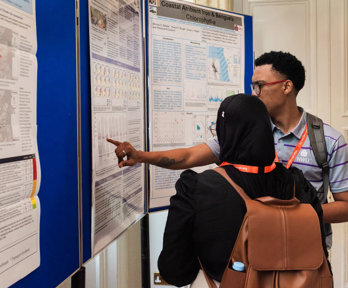
Guidance for presenters at the conference
Information about presenting at the conference for prospective presenters.
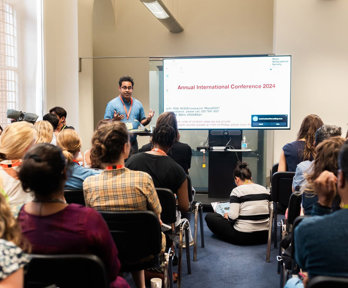
Guidance for session organisers
Read this guidance before circulating your call for papers and submitting your session proposal.

Calls for Research Group sponsorship
Learn how you can get a Research Group to sponsor your session.
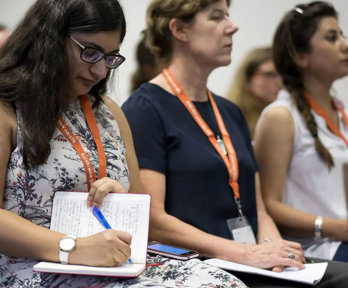
Annual International Conference programme
Information about the conference programme, including programme start and end times.
